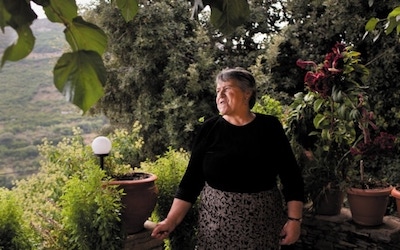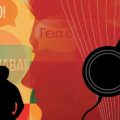随着PTE考生对PTE口语和PTE听力的重视,大家口语和听力的分数得到极大提高,但是PTE阅读渐渐成为考生们新的难题。
墨尔本悉尼文波PTE特别为PTE考生们挑选了适合练习PTE阅读的文章,主题,内容,长度都与PTE阅读题中的文章相似。激活学过的词汇,更新新的词汇,提高阅读速度,全面提升自己的阅读能力。这篇 ‘ whitled languages’ 在帮助大家提高SWT的同学,还可以用来提高大家的’ Reorder Paragraphs’。
Before electronic communications became a ubiquitous part of people’s lives, rural villagers created whistled versions of their native languages to speak from hillside to hillside or even house to house.
Herodotus mentioned whistled languages in the fourth book of his work The Histories, but until recently linguists had done little research on the sounds and meanings of this now endangered form of communication.
New investigations have discovered the presence of whistled speech all over the globe. About 70 populations worldwide communicate this way, a far greater number than the dozen or so groups that had been previously identified.
Linguists have tried to promote interest in these languages—and schools in the Canary Islands now teach its local variant. A whistled language represents both a cultural heritage and a way to study how the brain processes information.
Ubiquitous: adj. 普遍的,无所不在的。
墨尔本悉尼文波PTE原创首发
更多精彩请持续关注微信wenbo_tv2。





